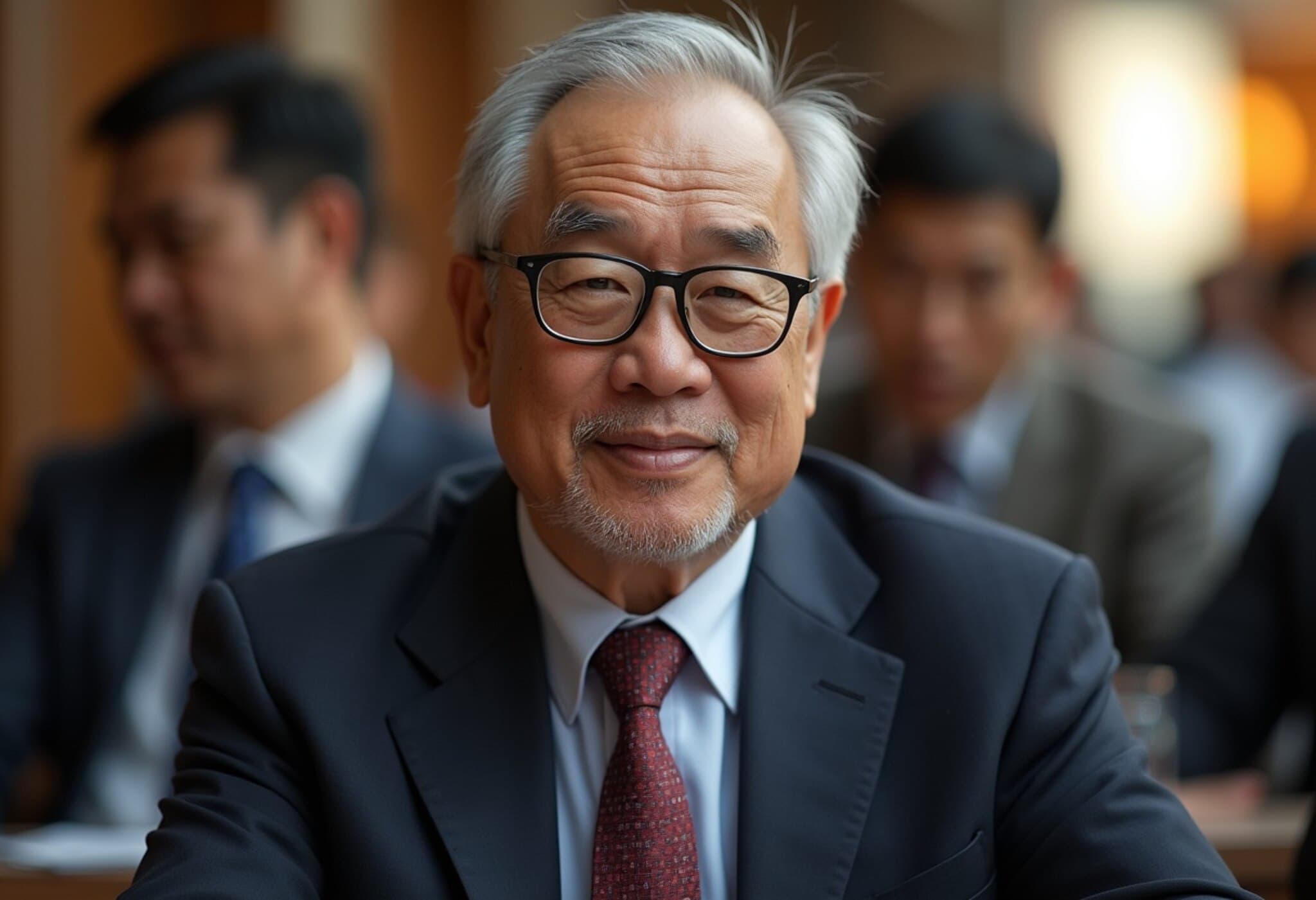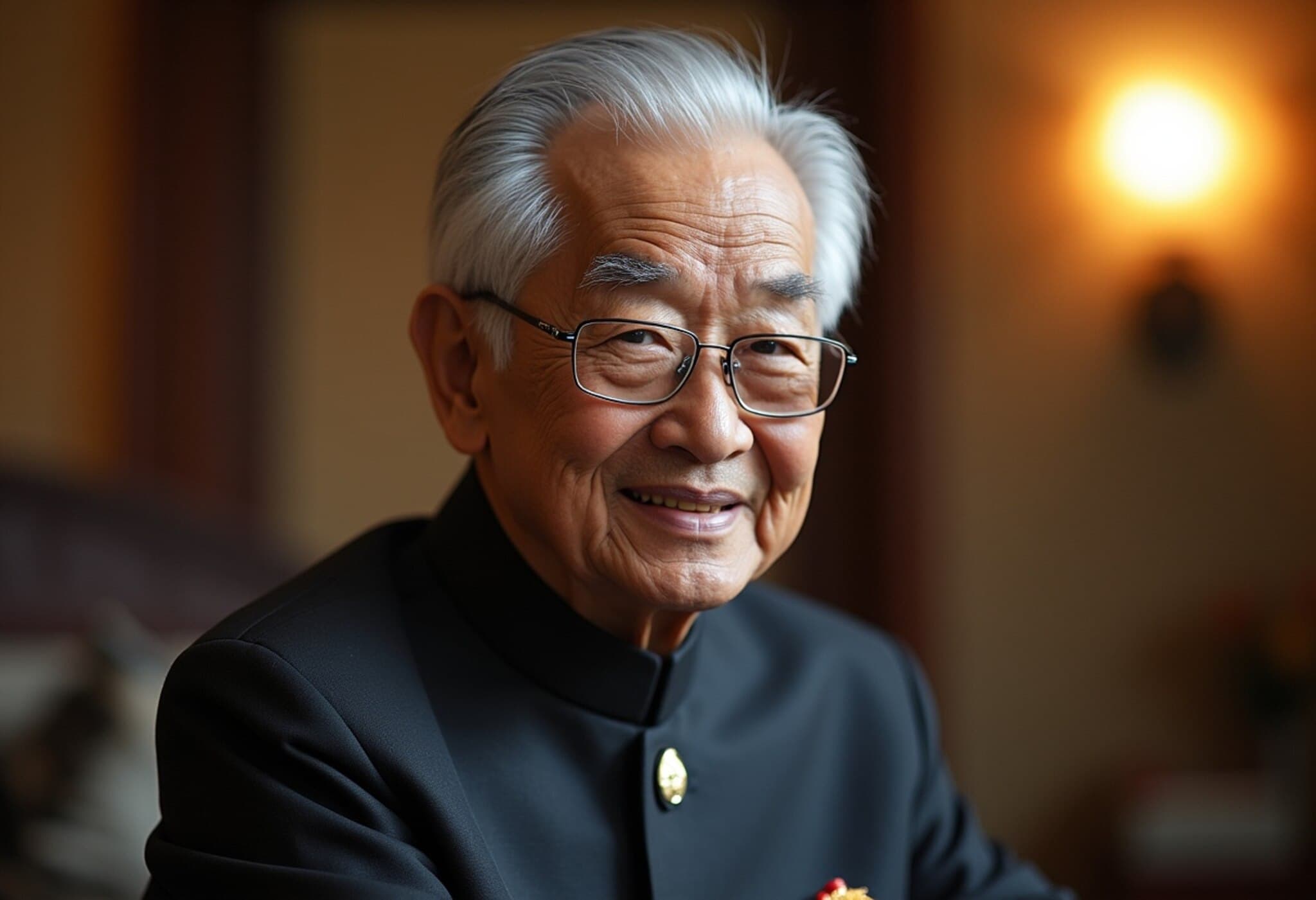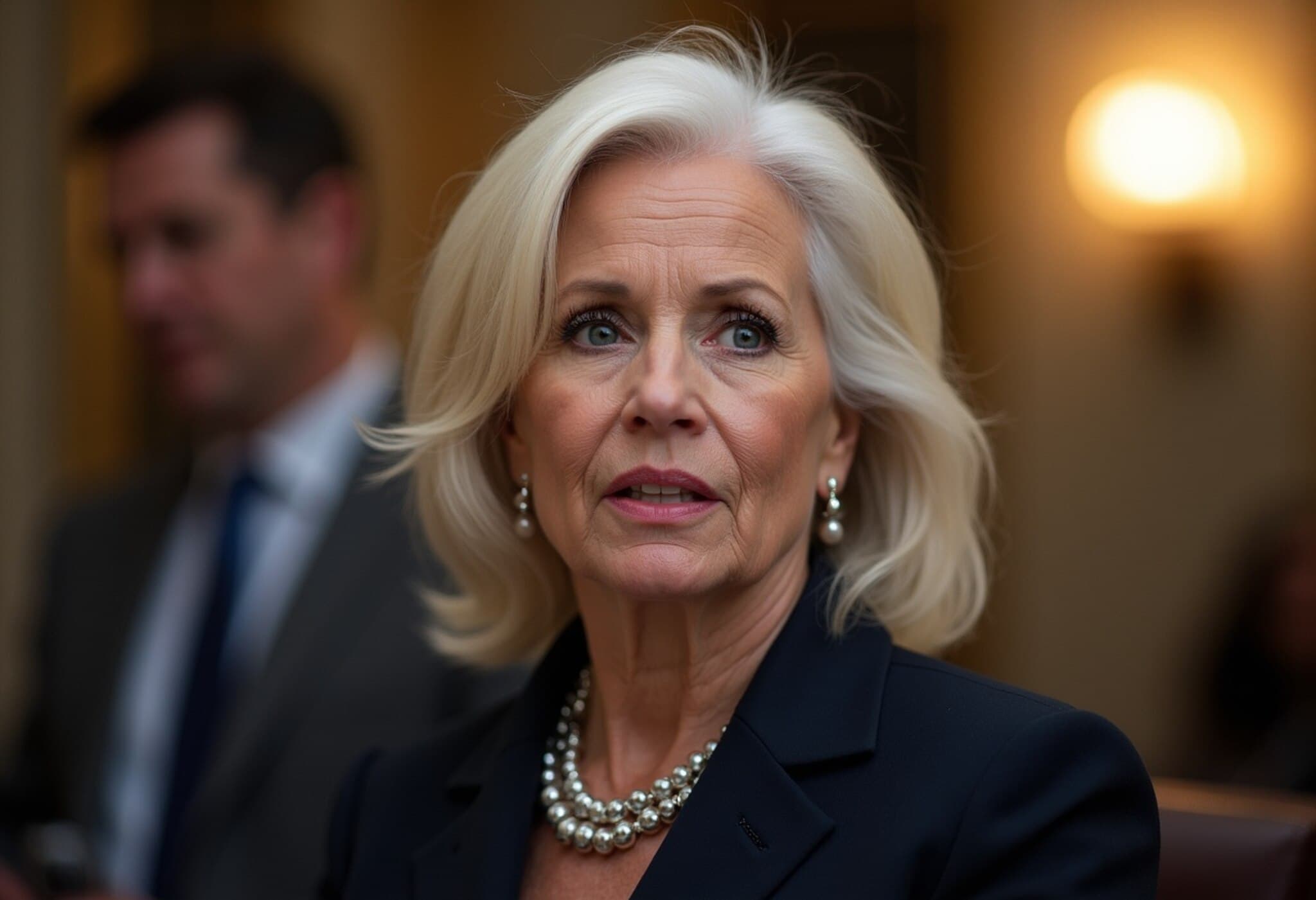Indonesia’s Ex-Trade Minister Sentenced in High-Profile Sugar Import Case
In a verdict that has sent ripples through Indonesia's political landscape, former Trade Minister Thomas Lembong has been sentenced to 4½ years in prison for authorising sugar imports deemed illegal. The ruling comes nearly a decade after the alleged offenses, sparking debates about judicial impartiality and political motives underlying the prosecution.
The Man Behind Indonesia-Australia Trade Relations
Thomas Lembong, a Harvard-educated investment banker renowned for his reformist stance, played a pivotal role in shaping Indonesia’s free trade agreement with Australia and strengthening bilateral ties during his tenure under President Joko Widodo in 2015-2016. His economic expertise earned respectful nods from Australian policymakers including former Prime Minister Malcolm Turnbull.
Beyond commerce, Lembong served as chief of Indonesia’s investment board, garnering a reputation as a forward-thinking technocrat advocating market-friendly policies consistent with global economic trends.
Political Undercurrents and Timing Raise Eyebrows
Yet, the timing of Lembong’s arrest — shortly after Prabowo Subianto assumed Indonesia’s presidency in October 2024 — and the emergence of “cherry-picked” charges have stirred suspicions among democracy advocates and regional observers. Many see the case less as a straightforward corruption trial and more as a warning to critics within elite political circles.
- Political analysts suggest the prosecution could be a tool to sideline opponents, especially since Lembong publicly distanced himself from Widodo’s administration after 2019.
- Lembong’s advisory role to Anies Baswedan, a prominent opposition figure in Indonesia’s 2024 presidential contest, adds another layer to the political intrigue.
- Indonesia’s entrenched corruption and selective justice often reflect power shifts within the governing cohorts, raising concerns about the independence of legal institutions.
Details of the Sugar Import Case
The intricate case centers on complex regulations governing sugar imports, a sector tightly controlled to protect state-owned enterprises (SOEs) and stabilize domestic markets.
According to court documents, Lembong authorized imports that violated established protocols:
- Permitting private companies to import sugar types earmarked exclusively for SOEs.
- Allowing SOEs to import sugar that was subsequently transferred to private entities lacking proper permits, contributing to market disruptions and price hikes.
The judges criticized Lembong for prioritizing a capitalist approach over "Pancasila," Indonesia's national ideology emphasizing social justice and unity. This ideological rationale for conviction is unusual and has been criticized by legal experts as vague.
Expert Reactions and Legal Community’s Concerns
Marcus Mietzner, Indonesia specialist at the Australian National University, remarked, "It is hard to avoid the impression that this was a highly politicized trial. The judges’ claim that Lembong favored capitalism over Pancasila feels particularly flimsy." He questioned the substance of the conviction given that Lembong apparently did not gain personally from the alleged misconduct.
Lembong's defense team highlighted inconsistencies including:
- Changing charges months after the arrest.
- Similar import authorizations by Lembong’s predecessor that went unpunished.
- Lembong's efforts to safeguard national sugar stocks aligned with legal frameworks.
Ari Yusuf Ami, lead counsel, warned of the broader implications: "If this verdict stands, state officials will hesitate to make necessary decisions for fear of corruption accusations. This paralysis threatens effective governance and public service." The defense is considering an appeal.
Broader Implications for Governance and Rule of Law in Indonesia
This case shines a light on the complicated intersection of Indonesia’s economic reforms, political rivalries, and judicial proceedings. The sugar import controversy is emblematic of how regulatory intricacies and political agendas can intertwine to impact not just individuals but the broader administrative environment.
For Indonesia — a nation striving to attract foreign investment and demonstrate commitment to rule of law — ensuring transparent and fair handling of such cases is critical. The global business community watches closely, particularly given Indonesia’s pivotal role in Southeast Asia's economic landscape.
Editor’s Note
The sentencing of Thomas Lembong resonates beyond a single corruption trial; it raises urgent questions about the impartiality of legal processes in politically charged environments and the challenges technocrats face when navigating Indonesia's complex political economy. As the defense contemplates an appeal, observers should consider how such cases shape public trust in institutions and the willingness of reform-minded officials to engage in governance without fear of retribution.
What does this verdict signal for Indonesia’s future trade policies and political dynamics? Will it discourage or galvanize potential reformers? The answers will unfold in the months to come.



















